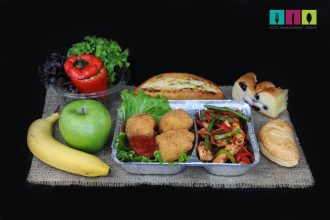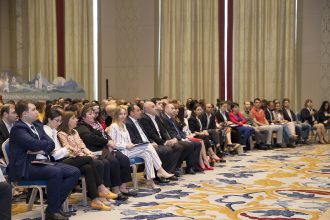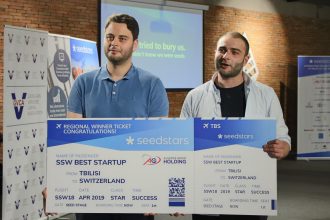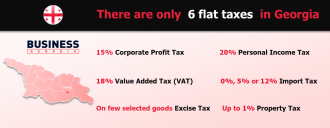
A great opportunity for start-ups
Another great opportunity for start-ups in Georgia and CIS countries. Find an easy way to enter global market, implement projects in one of the…
Read More
Another great opportunity for start-ups in Georgia and CIS countries. Find an easy way to enter global market, implement projects in one of the…
Read More
In the modern world for human resource specialists and CEOs’ one of the biggest deals is to create an appropriate environment for staff…
Read More
On June 4th the 3rd Tourism and Hospitality Conference within Welcome to Georgia! National Tourism Awards was held at the Biltmore Hotel Tbilisi. The…
Read More
STYX a tech company from Georgia won Seedstars startup competition on May 29. Ten best startups from Tbilisi were invited to pitch in front…
Read More
According to the Doing Business Report commissioned by the World Bank,Georgia ranks 9th in the world in 2018 by ease of doing business. Moreover,…
Read More
The number of trade partners of Georgia has increased during the past decade which mostly was the result of signing an Association Agreement between…
Read More
Georgia became startup-friendly country especially after the opening of the First Technology Park in 2016, Tbilisi. Tech Park started providing young creators with high…
Read More
Despite that in the past art was mostly perceived much like a hobby, in modern world artists have real opportunities to follow their artistic…
Read More
Agricultural traditions are the main part of Georgian cultural heritage and mentality, as long as favorable climate with fertile soil make it one of…
Read More
t Georgian mineral waters are very famous not only in Georgia but in foreign countries also. Especially this product is realized by summer because…
Read More